Qi
What is Qi?
Qi (pronounced "Chee") is considered a rather complex Traditional Chinese Medicine concept to describe and fully understand. However, probably the simplest explanation is that Qi can best be described as your body's energetic value. Together with Blood (Xue) and body fluids (Jin Ye), Qi helps to regulate the body's vitality by maintaining homeostasis between the vital activities and the functions of the Zang-fu organs and tissues. There is a Chinese saying that "Qi is the commander of blood and blood is the mother of Qi."
In Traditional Chinese Medicine there are several different types of qi related to different energetic functions in the body. These types of Qi provide the body with warmth, movement, activity, form and life. They are described below;
- Channel Qi - This is the type of Qi that flows through the channel meridians and is engaged when the acupuncture needle is inserted.
- Organ Qi - This is the type of Qi that is responsible for each organ's energetic value.
- Wei Qi (defensive Qi) - This type is similar to Ying Qi; however, it is also derived from food but circulates outside the blood vessels and protects the body from pathogenic invasions.
- Ying Qi (nutritive qi)- This type is derived from the Qi of food and produced by the Spleen and Stomach. Its main function is to support blood, production by circulating in the blood vessels to provide nourishment
- Yuan Qi (primary Qi / original Qi)- This type of Qi is rooted in the Kidney Essence (Ming Men) and is spread via the San Jiao. It is considered the pre-heaven Qi (Xian Tian) that we are born with; however, it requires post-heaven Qi (Hou Tian) from food to further nourish the body after birth. It emerges from the body at the Yuan Source points. It is composed of three different types of Qi.
- Jing Qi - Essence from the Kidneys that you're born with
- Gu Qi - Essence from the Spleen and Stomach that is derived from food to help make Zhong Qi and
- Da Qi - Essence from the Air inhaled into the Lungs
- Zheng or Zhen Qi (vital Qi) - This type of Qi relates the qi of the meridians and its strength directly correlates to a person's constitutional strength in relation to pathogenic invasions. This type of qi originates from Yuan Qi (Jing, Gu and Da Qi), Ying Qi, Wei Qi, Meridian Qi, Organ Qi and Wei Qi.
- Zhong Qi (pectoral Qi / gathering Qi) - This type of Qi is created from Da Qi (Essence inhaled from the air into the Lungs) and Qi from food essence (Gu Qi). Zhong Qi is responsible for controlling the Lung's ability to control respiration as well as the Heart's ability to control the circulation of blood in the blood vessels. It collects at Ren 17 to for the "Sea of Qi" and descends to assist the Yuan Qi in the Kidneys.
As the movement of Qi directly relates to vitality, without it, life would cease to exist. The basis of health is having abundant Qi. In accordance with the Yin Yang Theory, a deficiency of Qi can create additional constitutional imbalances in the body weakening the body and making it more susceptible to disease.
Traditional Chinese Medicine uses a variety of modalities to tonify and promote the smooth circulation of Qi throughout the body.


